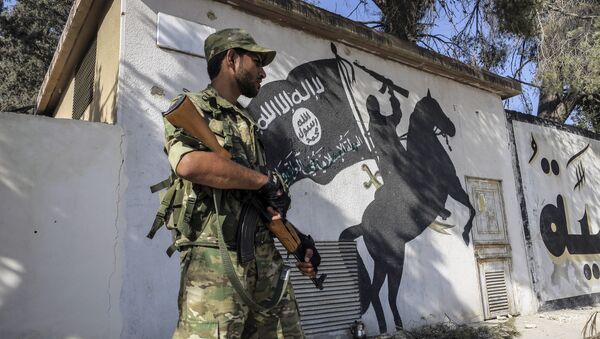According to the findings, Daesh had carried out more than 1,000 attacks last year, which resulted in the deaths of over 7,000 people.
“What we are seeing is terrorist attacks coincide with the operations that have been taken against the [terrorist] organization. This study goes through 2016 which was when the military operations against the group were intensified,” Miller said.
She further said that this conflict could lead to an “increase before it leads to a decrease.”
Statistically there is a nearly 20 percent increase compared to 2015. The rise occurred despite an almost 10 percent fall of overall militant attacks worldwide.
“The challenge is that the group will continue to evolve and change its tactics. It will continue to encourage individuals and small groups around the world to radicalize and carry out attacks in its name,” Miller said.
According to her, counterterrorism practices must be extremely precise and strategic.
She further spoke about the variety of factors that drive people to join such terror organizations, and she said that primarily it is the desire to be a part of something big and “not feel alienated” that drives people to join terror groups like Daesh.
Miller also spoke about how social media today puts in tremendous effort to curb radicalization via the internet. However, according to the expert it will take some time to fight off the group because it is a very far-reaching organization.
“In the short term we are not likely to see massive reductions because this organization has been one of the most violent and active terror organizations that we have seen so they have a long way to fall,” the expert concluded.
Senior US counterterrorism officials suggest that the terror group has learned from its past battle failures, choosing to call for attacks carried out by individuals or small groups.
Moreover, the tendency can also stem from an increase in the number of terrorist groups that pledged allegiance to Daesh last year. The report said that the group has affiliates in Bangladesh, Yemen, Libya, Afghanistan, Pakistan and the Philippines.



